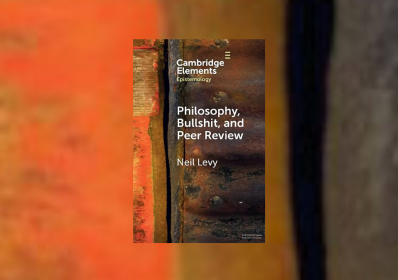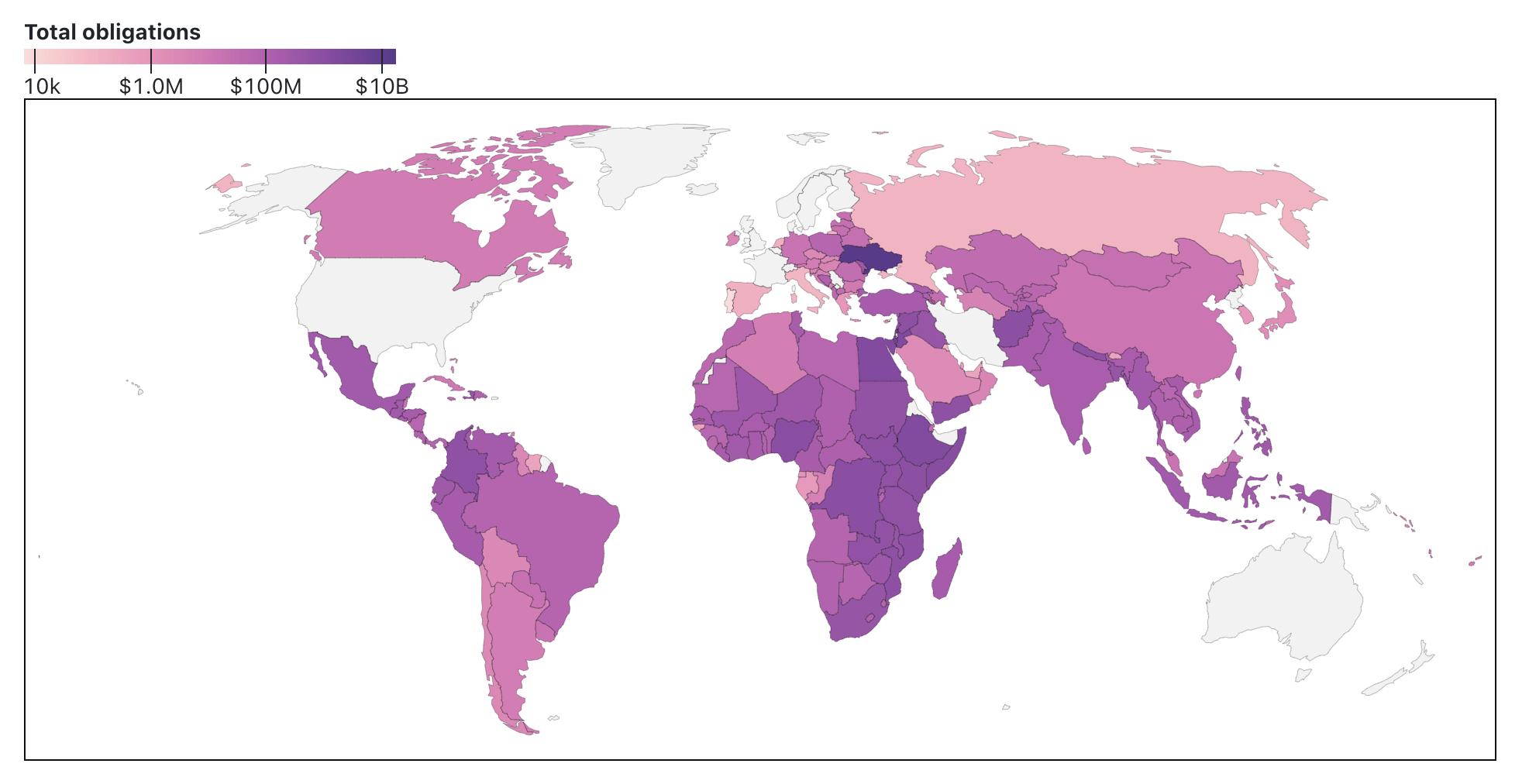
Joshua Habgood-Coote reviews Philosophy, Bullshit, and Peer Review, by Neil Levy

Joshua Habgood-Coote reviews Philosophy, Bullshit, and Peer Review, by Neil Levy

Rare Sunfish Rescued by Florida Police Near Beach In a surprising turn of events, the Florida police were called in to assist with a unique rescue operation. A rare sunfish, usually found in the deep sea, found itself too close to the beach, prompting a rescue effort from the local authorities. The Encounter with the Sunfish A sunfish, known scientifically as Mola mola, is a rare sight near the shores.

Among the works of fiction in the feminist canon, few are as celebrated as Charlotte Perkins-Gilman’s “The Yellow Wallpaper”. This short story, or novella, depending on how you want to define those categories, details the abuse suffered by a woman in the supposed name of mental health, at the whim of her male “carers”. The story is now, as Catherine J. Golden notes, “among the most studied texts in the English-speaking world”. In this piece I

In a few weeks, the Rogue Scholar science blog archive will reach the milestone of 25,000 archived science blog posts, each with a DOI and metadata and searchable via full-text search. With this number of blog posts, it is now time to start using a dedicated content type, and last week Rogue Scholar started the migration to the BlogPost content type.

This is what I hope will be the final installment in a series of posts describing the results published in McGaugh et al. (2024). I started by discussing the timescale for galaxy formation in LCDM and MOND which leads to different and distinct predictions.
por José Luis Reyes Santos Durante gran parte de la historia de Córdoba, territorio ubicado en Nueva España, hubo un continuo pulular de esclavos que ayudó a fortalecer la economía del cabildo y los hacendados. Del siglo XVI al siglo XVIII en la villa de Córdoba la población esclava fue considerable y la demanda fue aumentando progresivamente debido a la necesidad de mano de obra en las haciendas azucareras.

Last year I wrote a post describing an R package I put together that fetches recent bioRxiv preprints from a given subject and summarizes them in a couple of sentences using a local LLM running through Ollama: That tool has a limitation in that it’s using the bioRxiv RSS feed to pull recent paper titles and abstracts, and the RSS feeds currently only provide the 30 most recent preprints in each subject area.
Open science initiatives have increased the amount of (openly) available research data. Such data are often shared with the idea that they will be reused, although reuse is far from being guaranteed. Working to bridge the distance between data producers and data consumers has been suggested as one possible way to facilitate the reuse of existing data supplies.

As part of Elon Musk’s weird Department of Government Efficiency’s unconstitutional rampage through the federal government, USAID’s ForeignAssistance.gov was taken offline on January 31, 2025.
A colleague of mine recently lent a hand implementing a polynomial approximation routine I could port to our compiler, though it wasn’t the method I was expecting. As I had written about previously, I was studying the Remez algorithm and implementing a prototype in Python. Remez approximation involves an iterated loop that alternates between root-finding and linear-system solving, and as such it can be rather brittle and difficult.

If you spend any time on LinkedIn, it’s almost a certainty that you have come across a bevy of alleged ‘agentic AI architectures’. They all look something like this: All very neat, but the audience might be forgiven for asking what exactly is agentic about this, except for relabeling subprocesses in what is a run-of-the-mill RPA workflow as ‘agents’. And the audience is, this once, perfectly right.